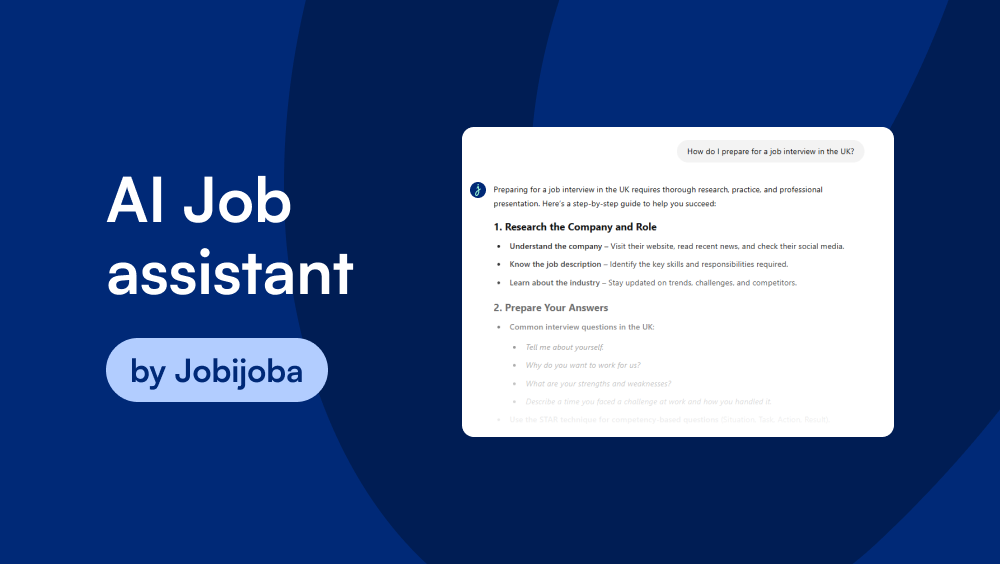With job vacancies few and far between, the amount of applicants per vacancy is rising. Competition has never been so tough as employers are inundated with CVs and cover letters. Therefore you've got to stand out from your competition, and not for the wrong reasons! Here are a few tips to help you write that all important covering letter:
Do your Homework
Before doing anything, it's important you research the company you're sending your application to, whether you're responding to an advert they've posted or a speculative one. A company will see straight through a generic cover letter and no doubt cast it aside. After all it's only fair – if you haven't made the effort to get to know them (through researching their company values, their mission statement, competitors etc) why should they bother finding out more about you through reading your cover letter? Be unique! It's best to specifically target each company you apply for separately so as to show your initiative as well as a genuine interest in the company. As a rule of thumb…
1 company = 1 application = 1 unique cover letter
Plan the attack
Ok, so you now know your target well enough to start planning the attack to land the prize. The best thing to do now is to think about the content of your letter. Recruiters read a cover letter just after reviewing an applicant's CV, so there's no need to repeat your career history or qualifications. Instead you need to convince the employer why they should hire you. Emphasize what you can do for them and why you're the best person for the job. If you're applying in response to a job advert make sure you have it with you and jot down any buzz words they mention describing what they're looking for in a candidate, for example: Motivated, Innovative, Creative, Enthusiastic, Team player etc. Don't be afraid to repeat a few back to them, spell it out to them that you're who they need to hire.
You may find it useful to create a mind map of points you'd like to include or simply make some bullet pointed notes. Another good idea is to research exemplar cover letters to get a little inspiration. Be careful however and avoid the temptation to copy them. If you found them easily on a search engine, it's likely the employer has too.
Structure
Now you can finally start putting pen to paper – or more likely fingertips to keyboard. Here's a simple guide as to how best layout your letter.
Addressing the letter
If you're applying in response to an advertised vacancy it's very likely there contact information eg Mr. F Bloggs. If however you're making a blind application, addressing a letter when you don't know who will read it can be problematic. Here are some possible solutions:
-To whom it may concern
-Dear Human Resources Manager
-Dear Sir or Madame
Introduction
Here you should explain why it is you're writing. If in response to an advert something try something like:
‘In response to the Department Manager Job vacancy advertised on jobijoba.co.uk, I would like to put forth my application'
However, where no job was advertised something short and snappy is a good way to grab attention, such as:
‘I am writing as I would like to be considered for the position of Department Manager'
Body of the Letter
This is where your planning comes in to play. The main body of your letter is where you convince the employer you're the best candidate for the job. Show your strengths and give concrete examples to back up your points. For example, if you say you work well in a team, explain an experience you had that showed good team work. A good method to employ here is the ‘You-Me-Us' method.
'You' -Start your letter with a hook sentence about the company. Show interest and knowledge about the company and your future role within it and referring to the research you've done.
'Me' -Give a description of who you are in a professional context. For example if you say you work well in a team, give an example of when that was the case. Refrain from dwelling on all your employment history. Simply select the most relevant achievements from your previous work experience and link them to the responsibilities stated in the job offer. When writing a prospecting cover letter, mention your most significant achievements and quantify their results.
'Us' - The closing paragraph of your cover letter should convince the recruiter to hire you. Establish a bond between you and a company showing your interest in its activity.
Before signing off you should add a final paragraph in which you enquire about the follow up procedure for your application and how future communication will be carried out. For example state that you would be available for an interview at the employers convenience.
End the letter appropriately with ‘Yours Sincerely‘. Personally sign the letter even if it's a printed letter and have your name printed beneath your signature.
Presentation
Presentation
While you can be creative when editing your CV, your cover letter requires a more formal approach. It should not exceed one A4 page. Use plain white paper to make it look neat and professional.
Employers usually prefer receiving computer typed letters which are faster and easier to read than hand-written ones. So it's better to avoid sending hand-written letters if it wasn't otherwise stipulated in the job offer.









What do you think about it? Share it with us!